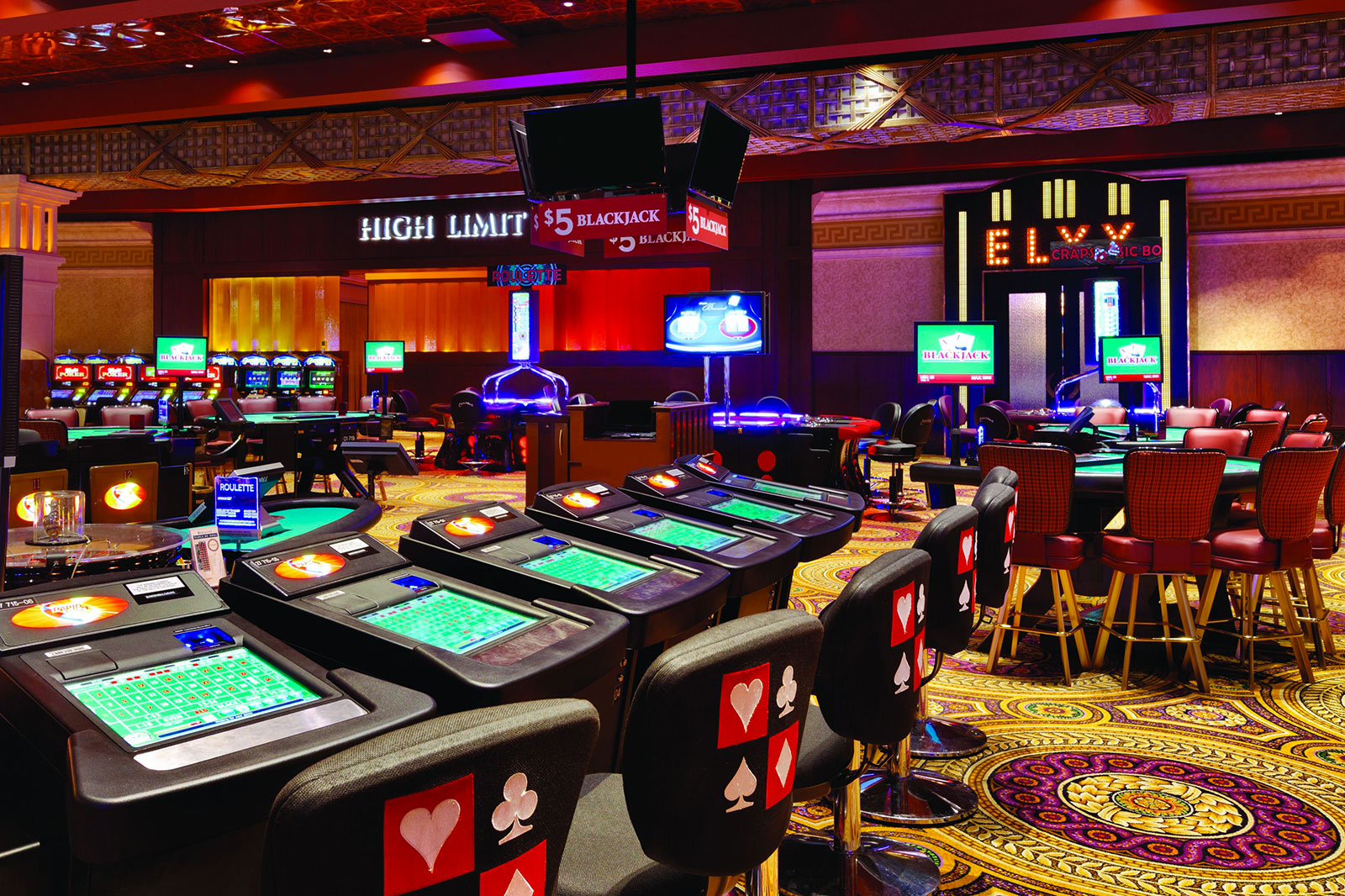
Casino games have long captivated a wide range of players, providing not only the excitement of risk but also a unique experience tailored to various player types. From analytical thinkers who thrive on skill and calculation to more casual gamers seeking entertainment, casinos understand the nuances of their audience and design games that meet these differing preferences.
In investigating the world of casino games, we encounter a variety of options that interest all types of players. High-stakes poker tables entice competitive players, while colorful slot machines appeal to individuals in search of quick rewards. Whether it’s the lure of winning large or simply relishing the social atmosphere, casinos tailor their game offerings to ensure that all players find a place where they feel welcome and involved. Comprehending how these games are tailored to diverse types of players can enhance not only our appreciation of them but also how we approach selecting which games to play.
Grasping Participant Groups
In the multifaceted world of gambling games, players can be categorized into specific kinds based on their drives and choices. These gamer types range from the relaxed and communal gamers, who enjoy the entertainment value and interactive interactions that gambling provides, to the more analytical and analytical players, who seek to boost their odds and gains. Comprehending these various kinds is essential for casinos to tailor their services and create engaging settings.
One common kind is the social player, who sees casino games as a form of community interaction and enjoyment rather than a serious gambling activity. These participants often enjoy games that encourage engagement and friendship, such as poker. Their attention is on the process rather than the conclusion, so vibrant environments and shared moments are what they value the most.
On the opposite end of the spectrum, strategic players are driven by rivalry and the search of skill. They tend to be drawn toward games that necessitate decision-making and strategy, such as poker, where their abilities can affect the result. This type often interacts with the games on a more intense level, utilizing knowledge and tactics to gain an edge. Comprehending these incentives allows casinos to create environments and game selections that cater to each gamer’s individual preferences.
Strategies for Game Design
Gambling games are designed with diverse player types in mind, employing multiple strategies to draw in and capture them. For casual players, the focus is on simplicity and clarity. Games like slot machines are frequently visually appealing with straightforward mechanics. 78win.id This enables players to enjoy the experience without a steep learning curve, creating an welcoming atmosphere. The bright colors, engaging audio, and thematic elements create a playful environment where players can quickly get immersed and entertained.
For tactical players who enjoy a deeper level of involvement, games such as poker and blackjack offer complexity and skill-based elements. These games feature strategy and decision-making, attracting to players who thrive on challenge and want to utilize their cognitive abilities. The design of these games often includes complex rules and mechanics that test players to refine their skills and create strategies over time, resulting in a fulfilling experience for those who enjoy mastering the game.
Moreover, community-oriented players are catered to through games that emphasize interaction and community. This includes live dealer games and multiplayer games, which cultivate a sense of camaraderie among players. The design of these games typically incorporates chat features and communal aspects, allowing players to interact and exchange insights. By building an environment where interaction is promoted, casinos can effectively involve social players, making the gaming adventure more pleasurable and unforgettable.
Improving Participant Experience
Gambling options have advanced significantly to offer a more immersive experience for gamers. Nhà cái 78WIN Software developers focus on immersive visuals, rich audio effects, and creative gameplay features that draw gamers into the casino atmosphere. By utilizing tech, such as immersive technology and AR, betting houses ensure that participants feel as if they are part of a exciting experience, enhancing in addition to the fun of the games but also the complete experience of being in a betting establishment.
Social interaction is another important element in improving player experience in betting games. Several titles are developed to encourage interaction among gamers, whether through multiplayer modes or messaging options. This community feature appeals to participants who enjoy interacting with other participants while engaging, developing a sense of community. Moreover, community aspects can consist of scoreboards, competitions, and rewards for cooperative play, which capture ambitious participants and encourage them to revisit for further.
Finally, customization plays a pivotal role in tailoring the engagement for different gamer demographics. Gaming establishments and game developers examine participant habits and likes to present personalized game options and benefits. By understanding the individual tastes of players, betting venues can provide personalized promotions, incentives, and fresh games that resonate with each individual, thus boosting their total enjoyment and devotion to the casino.